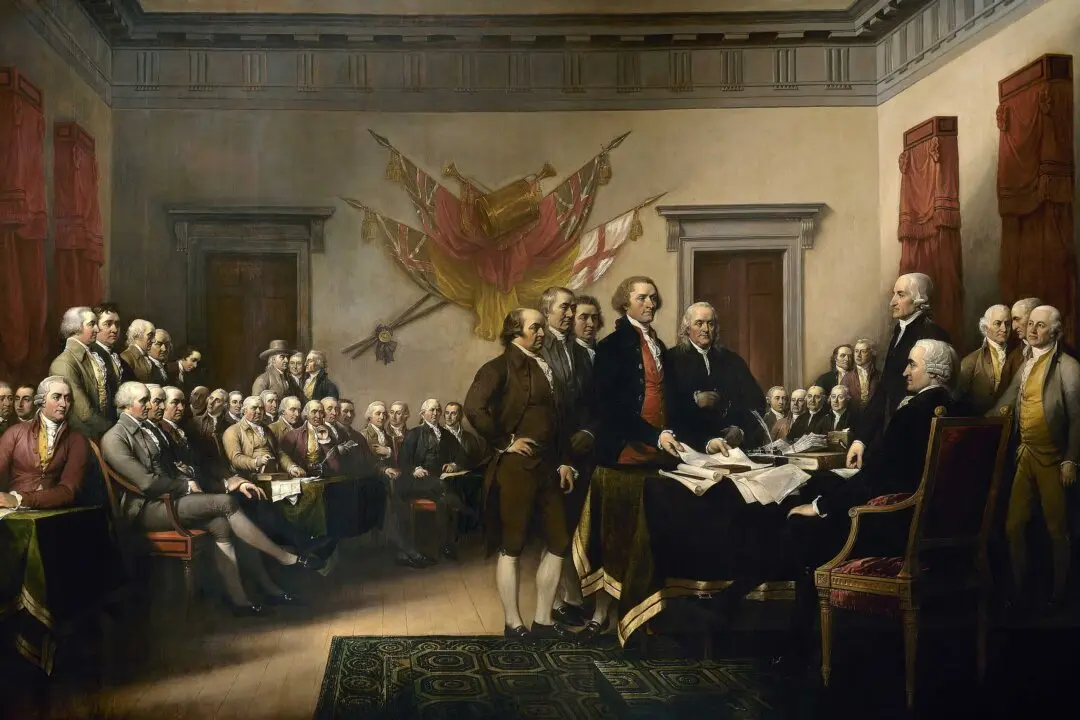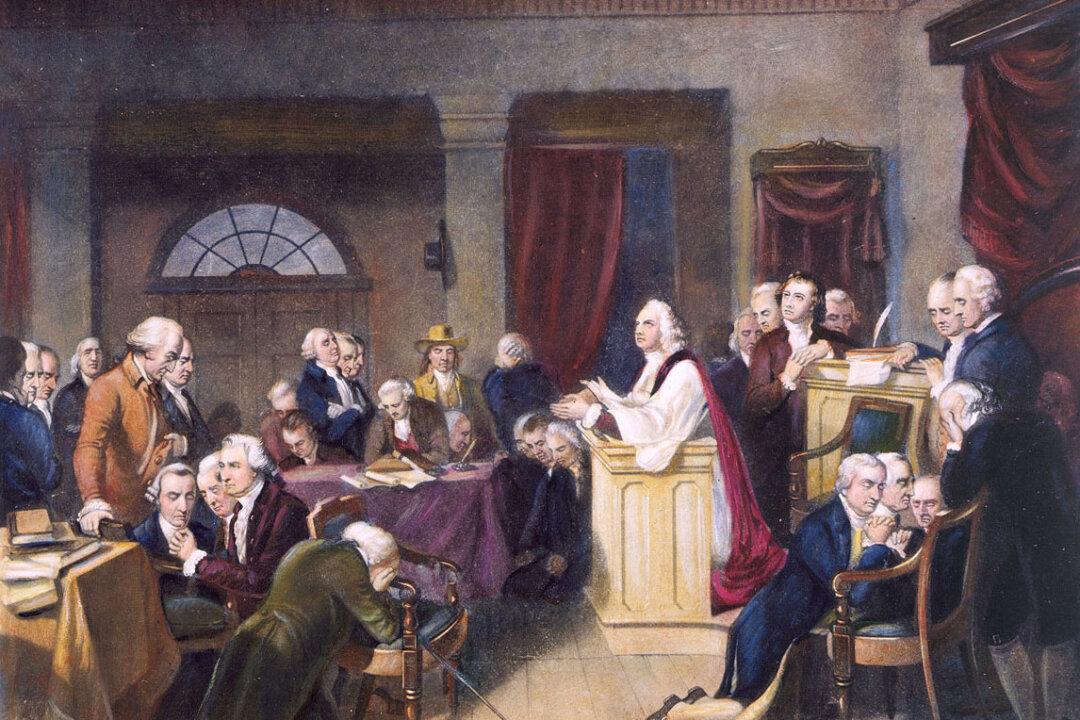When former baseball great Wade Boggs was inducted into the Major League Baseball Hall of Fame in 2005, he credited his father during his speech. “Anyone can be a father, but it takes someone special to be a dad,” he told the crowd.
California firefighter, paramedic, and author Dominic Polito has thought a lot about what makes a man a successful dad. He shared his musings in “Fathering Sons: A Modern Initiation Rite of Bestowing Sonship,” where he generously relied on his own trial and error examples of raising his sons Noah and Elijah. He says it provided him a better understanding of fatherhood, his own strengths and weaknesses, and how God the Father relates to us.






